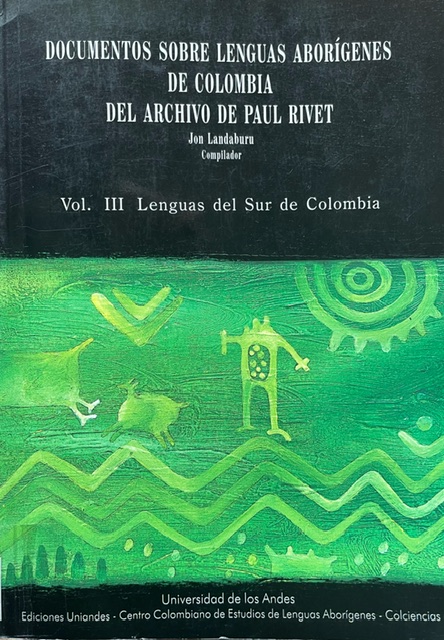Teaching and researching motivation / Zoltán Dörnyei and Ema Ushioda
Tipo de material: TextoIdioma: Inglés Series Applied Linguistics in Action SeriesEditor: Nueva York : Routledge, 2001Edición: Segunda ediciónDescripción: xiii, 326 páginas ; 23 cmISBN: 978140820502Tema(s): Lenguaje y lenguas -- Enseñanza | Adquisición de segundo lenguaje | Educación -- Métodos de enseñanzaClasificación CDD: 418.0071
TextoIdioma: Inglés Series Applied Linguistics in Action SeriesEditor: Nueva York : Routledge, 2001Edición: Segunda ediciónDescripción: xiii, 326 páginas ; 23 cmISBN: 978140820502Tema(s): Lenguaje y lenguas -- Enseñanza | Adquisición de segundo lenguaje | Educación -- Métodos de enseñanzaClasificación CDD: 418.0071 | Tipo de ítem | Ubicación actual | Colección | Signatura | Copia número | Estado | Notas | Fecha de vencimiento | Código de barras |
|---|---|---|---|---|---|---|---|---|
| Libros | Sede Centro | Colección General | 418.0071 D714t | ej. 1 | Disponible | tmt10 | 500079360 |
Incluye referencias bibliográficas.
Incluye índice temático.
Incluye índice de autores.
What is motivation?. -- Exploring motivation: changing perspective. -- The comlexity of motivation. -- The challenge of reduction versus comprehensiveness. -- Moving beyond lilnear models of motivation. -- Theories of motivation in psychology. -- Key cognitive theories and constructs of motivation. -- Motivation and context. -- Motivation to learn a foreing/second language: a historical overview. -- Teh social psychological period. -- The cognitive-situated period. -- The process-oriented period. -- From process-oriented to socio-dynamic perspectives. -- Motivation to learn another language: current socio-dynamic perspectives. -- A person-in-context relational view of motivation. -- The L2 motivational self system. -- Motivation from a complex dynamic systems perspective. -- Motivation and language teaching. -- Motivation in practice: strategies and approaches. -- Froma theory and research to classroom practice. -- A framework for motivational strategies. -- Generating and sustaining a vision for language learning. -- Developing a motivation-sensitive teaching approach. -- Motivation in context: demotivating influences. -- 'Demotivation' versus 'motivation'. -- Research on demotivation in instructional communication studies. -- Findings in L2 motivation research. -- Critical factors in the broader sociocultural context. -- Concluding remarks on demotivation. -- Teacher motivation. -- Conceptualising the 'motivation to teach'. -- The motivation of L2 teachers. -- The relatioship between teacher motivation and student motivation. -- Researching motivation. -- Making motivation a researchable concept. -- Further reading. -- Inherent problems in motivation research. -- Deciding on the particular aspect of motivation to focus on. -- Selecting the criterion/dependent variable. -- Selecting the method of enquiry. -- Main types and methods of motivation research. -- Focus on groups of learners: quantitative studies. -- Focus on individual learners: qualitative studies. -- Mixing methodologies. -- Adopting complex dynamic systems approach. -- Resources and further information. -- The locus of motivation research: linkages to other topics and disciplines. -- Language-learning motivation and related disciplines in the social sciences. -- The place of motivation research in applied linguistics. -- Sources and resources. -- Relevant journals and magazines. -- Databases, citation indexes, internet resources and discussion groups. -- Sample test and measurement instruments.
Fundación Teatro Musical Latinoamericano Compra 12/05/2017 Factura - 2567
Lenguaje y lenguas




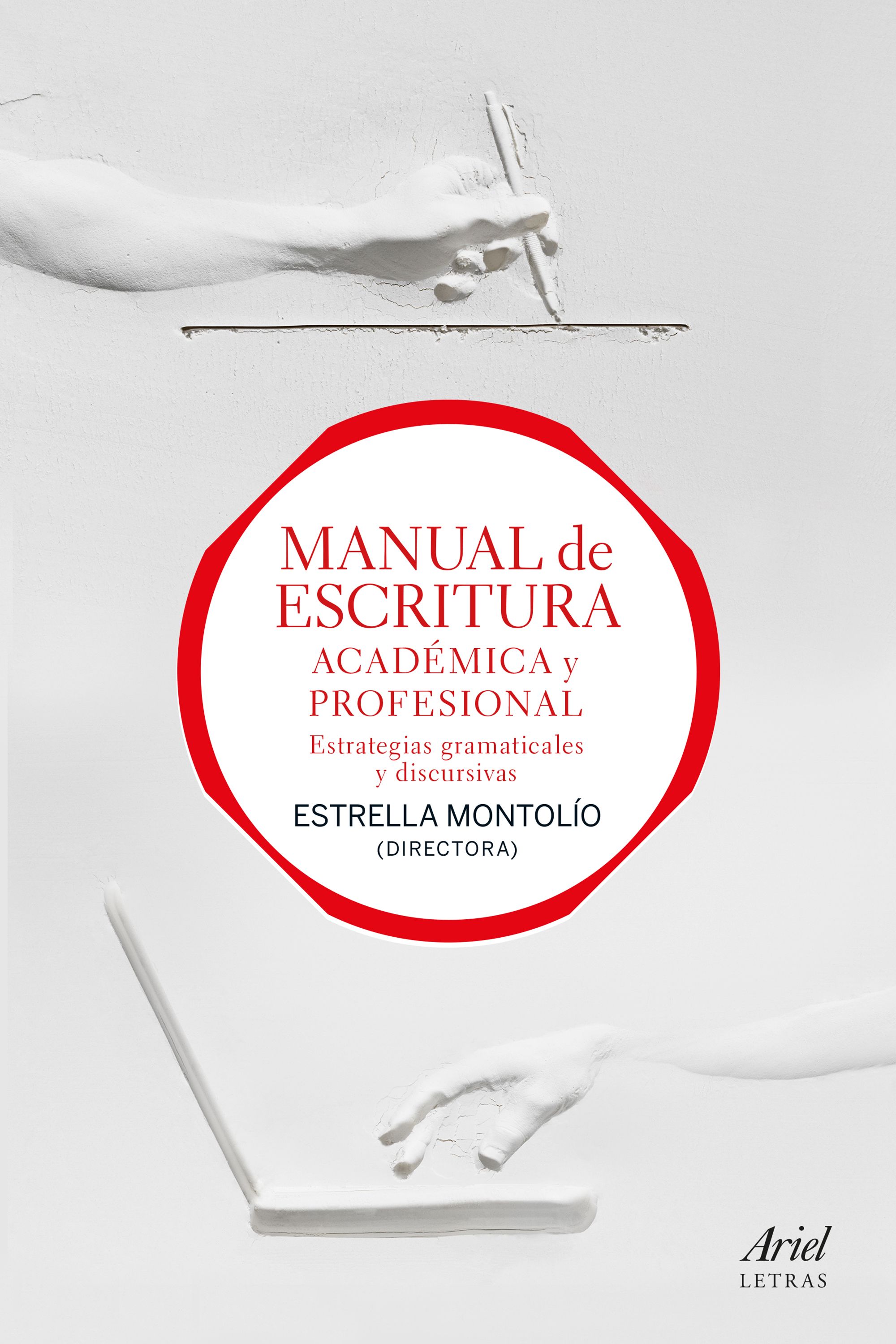
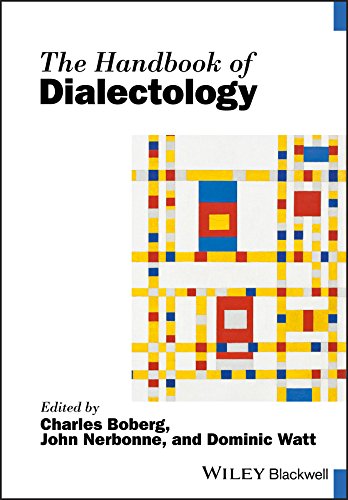
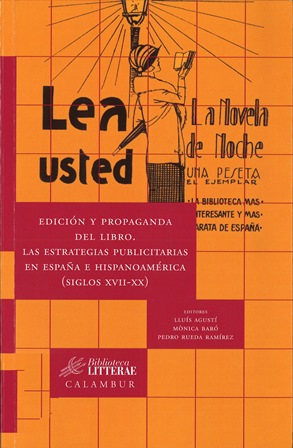
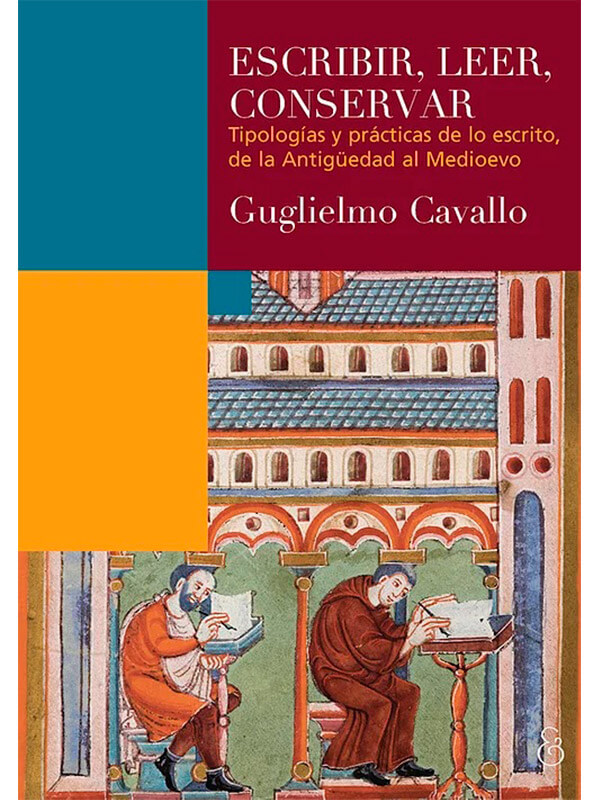
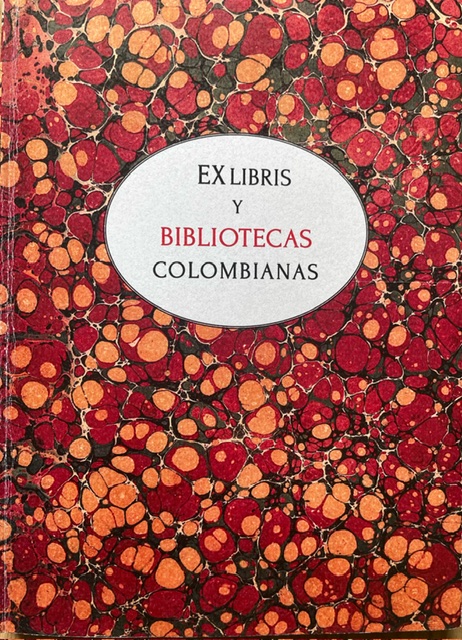
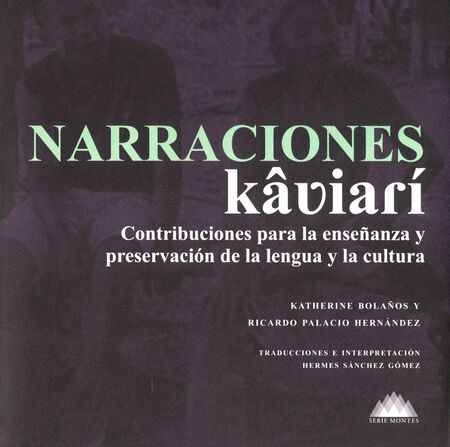
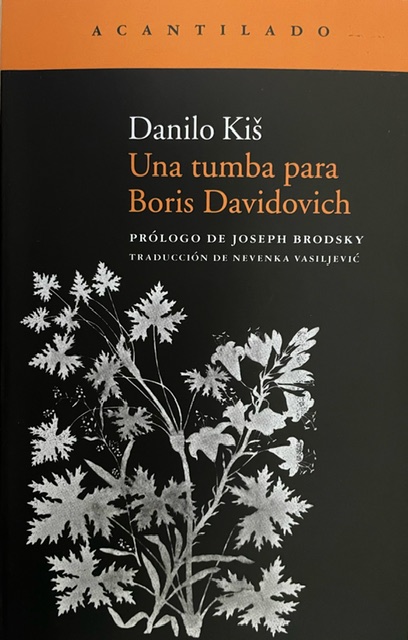
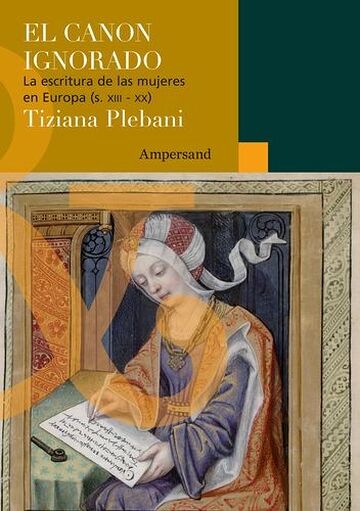
![Los indios katíos: Su cultura [y] su lengua / Constancio Pinto García Los indios katíos: Su cultura [y] su lengua / Constancio Pinto García](https://biblioteca.caroycuervo.gov.co/opac-tmpl/bootstrap/images/Portada9.jpg)
